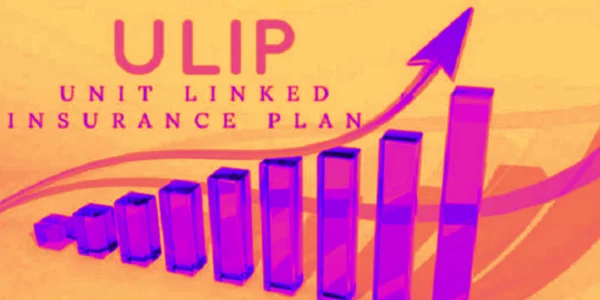Being in debt can feel like you’re stuck in a never-ending cycle of worry and doubt. It often starts small, with tiny balances that grow over time as interest piles up, until you can’t keep up with the payments anymore. When your monthly bills keep going up while your income stays the same and your savings start to disappear, you might think there’s no way out. But the key to turning your money troubles into a chance to grow and get stable is knowing how to tackle your debt.
Assessing the Financial Situation

Taking control of your debt starts with a down-to-earth look at your money situation. This means listing all your debts – credit cards, loans, mortgages, and any other long-term money you owe. Knowing your total debt, interest rates, and minimum payments gives you a clear picture of where you stand. Many people don’t keep track of how much they spend each month leading to a mismatch between what they earn and what they spend. By writing everything down, you can spot where your money is slipping away and where you might save some cash.
Creating a Realistic Budget
After figuring out your current money situation, make a budget that shows your income, expenses, and debt payments. You need a budget that’s doable because it gives you direction and structure. It also tells each dollar where to go, which makes it harder to spend money without thinking about it. Your budget should put needs before wants, with old debts at the top of the list to pay off. Make sure you separate must-haves like food, housing, and getting around from stuff you can live without. Cut back on or get rid of all the extras, at least for now.
Prioritizing Debts
Debts shouldn’t all be treated the same or have the same consequences. That’s why setting priorities is key in managing debt. You should pay off some debts first, like those with high interest rates or big penalties if you default. This approach will also reduce your overall financial burden faster and more. By paying down high-interest debts while making minimum payments on others, you can save a lot on interest. Another trick is to pay off smaller debts to score mental wins and boost your motivation. This creates a sense of accomplishment, which you can use to stay committed to your overall plan.
Combining Debts When It Makes Sense
Debt restructuring gives people a way to handle multiple debts. It combines several debts into one loan with a single monthly payment, often at a lower interest rate. This consolidation creates a repayment plan, making it easier to plan for the future. However, this works best for people who can avoid taking on new debt while paying off their combined loans. Changing money habits is crucial for consolidation to succeed; it might offer short-term relief but could lead to more problems later if not managed well. It’s essential to read the fine print before agreeing to a new loan or signing up for an extra service.
Seeking Professional Help When Needed
Fixing money problems isn’t always easy for everyone. Sometimes, you need expert help when things get out of hand. Skilled professionals can offer tailored solutions to solve money troubles. A seasoned financial advisor in Scottsdale or your nearest city can help you plan for the long run. They can also guide you to budget, negotiate, and combine debts as well as map out your future. The key is to find a trustworthy source who listens to you, understands your situation and offers workable solutions.
Conclusion
Getting out of debt and fixing your money situation isn’t too hard, but you need the right mindset, plan, and steps. Every move counts, from looking at your finances to improving how you spend. It’s a journey that needs balance, learning, and always checking in with yourself. Paying off debt is just part of it; you also need new habits to keep your finances healthy. Take charge, plan for the future, and get help when you need it! These things drive lasting change.

